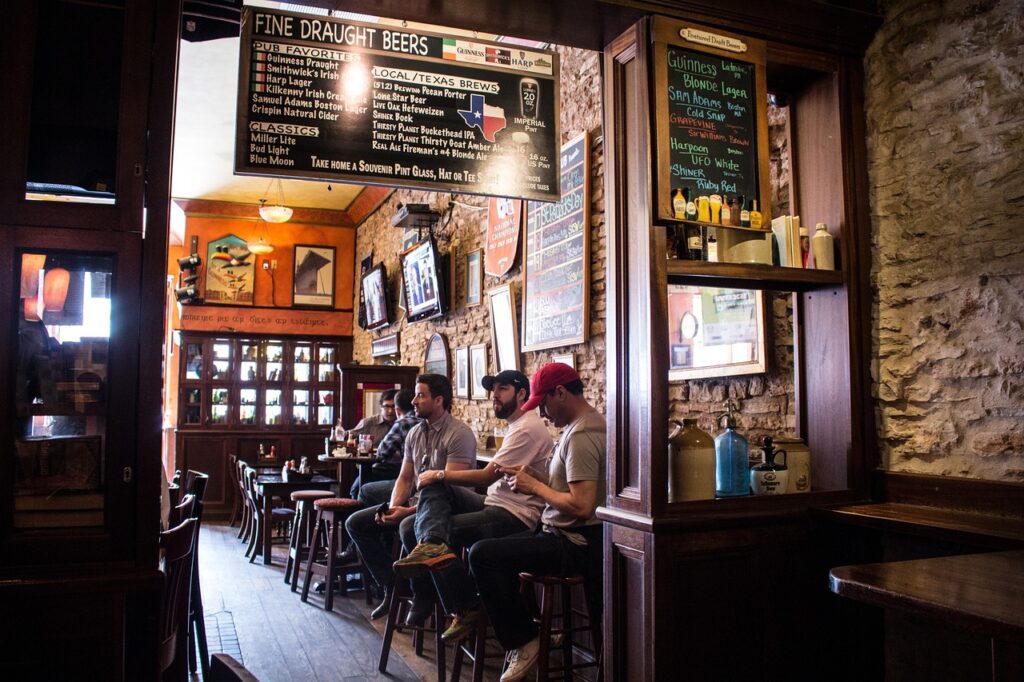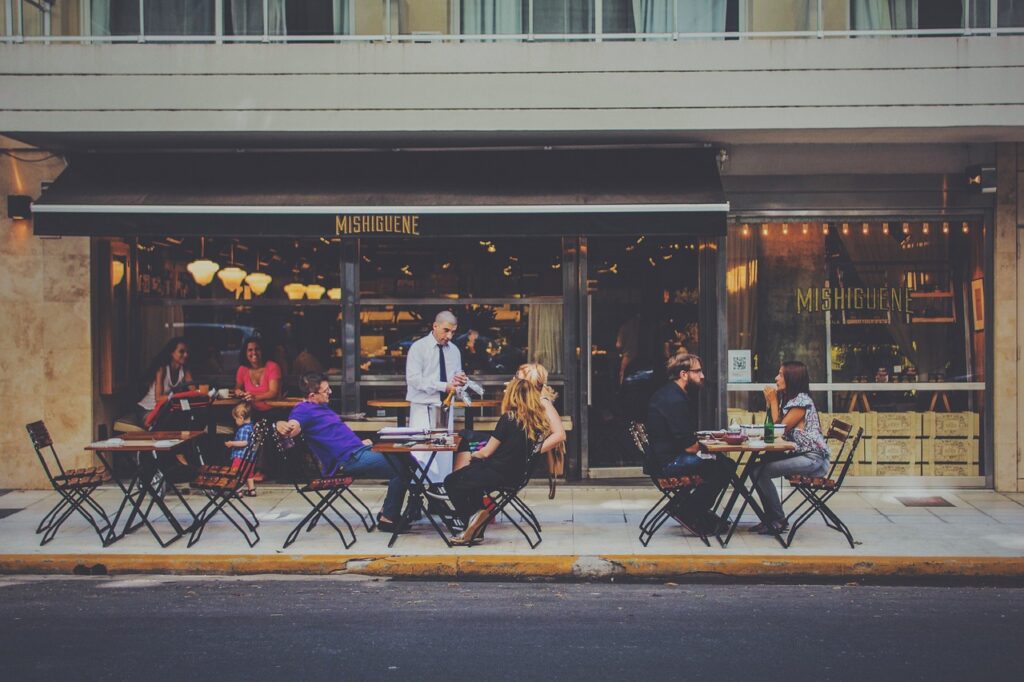
The city where shops and bars remain open 24 hours a day without security guards or shopkeepers
It’s midnight on the outskirts of Seoul, South Korea, and I’m craving something light to eat, but that’s not a big problem because across the street from my apartment there are not one but several shops that are open 24 hours a day.
The shop I entered is an ice cream shop. There are rows of freezers with different types of ice cream, but no security guards or shopkeepers.
All I have to do is take what I want and pay before I leave.
On the same block as the ice cream store are shops that sell stationery, pet food, and even sushi. None of them have a single shopkeeper or staff member in sight.
Similarly, Kim Sung-rae, founder and creator of Soul 24, once said, “To run a bar of this scale and with this much profit, I would need a staff of 12 to 15 people, but I only use two.”

He says this gives him time to focus on other business ventures.
He used to run a bar nearby, but when revenue didn’t meet expectations, he switched to a shopkeeper-free system, and now profits have increased.
South Korea has the lowest fertility rate in the world. The average number of children born to a woman in her lifetime fell to 0.72 in 2023, but it rose to 0.75 last year.
To maintain a stable population, South Korea needs to bring the birth rate down to at least 2.1, and this was last achieved in 1982.
This means that the number of people entering the labor market is decreasing, while the minimum wage has been steadily increasing since 2000.
Business owners like Kim now have to pay staff about $7 an hour. “The biggest reason for running a business without a shopkeeper was the increase in the minimum wage,” he says. “There are two ways to address this challenge: robotics or automation.”
Since robots require more money and space to deploy, they opted for unmanned stores.
Automation is becoming more popular as a result of the COVID-19 pandemic. This has resulted in labor cost savings.

According to six respondents, the younger workforce is disinterested in “3D jobs” because they are perceived as filthy, hazardous, challenging, or demeaning.
They are referring to manual labor in jobs such as manufacturing and agriculture that are considered undesirable.
“The younger generation tends to live within metropolitan areas, and they also like to build their own businesses, venture capital, and are looking for high-paying, high-tech jobs,” says Cho Jung-hun, a member of the ruling People’s Power Party and a member of the Education Standing Committee in South Korea.
“Unlike some other policymakers, I don’t blame our younger generation for such preferences,” says Cho Jung-hun. “The data shows that we will have to deal with a smaller labor force in the coming years, and it is better to allocate our limited labor force to higher-value sectors.”
The privately funded think tank Korea Economic Research Institute expects that 43% of jobs in Korea are at risk of being replaced by automation in the next 20 years.

It also means new opportunities for people like Kwon Min-jae, chief executive of Brownie, a company that operates stores without a shopkeeper.
He started his business at the end of the Covid crisis in 2022. “We operate laundries, ice cream shops, cafes, and vape shops without a person,” he told the BBC.
A store still requires cleaning and upkeep even if there isn’t a shopkeeper. He says that initially the shop owners did this.
Kwon’s company is now providing workers who can take care of the stores.
“We have a team of local staff who can visit several of these stores in a day. The owners’ top priority is to avoid having to handle the stores’ operations without giving them any thought. Instead, they will pay us an extra $100 or $200 a month to manage their stores.”
There have been some thefts
South Korea has a very low theft rate, which adds to the success of unstaffed stores.
“There have even been cases where people forgot to pay but later called me to pay their bill,” says Kwon. “I don’t know about other stores, but the young people here feel so safe that they leave their wallets and phones behind to make room for themselves at the table.”
He admits that shoplifting can cause some damage, but it’s not big enough to cripple his business.
I never count the things that get stolen because there is no financial loss overall, so it is not a big deal. The cost of saving is higher than the loss anyway and hiring security services will cost much more than that.’
Advances in technology mean that more jobs like driving will become redundant when self-driving cars flood the market
It is estimated that by 2032, South Korea will need more than 890,000 additional workers to maintain the country’s long-term economic growth target of two percent.